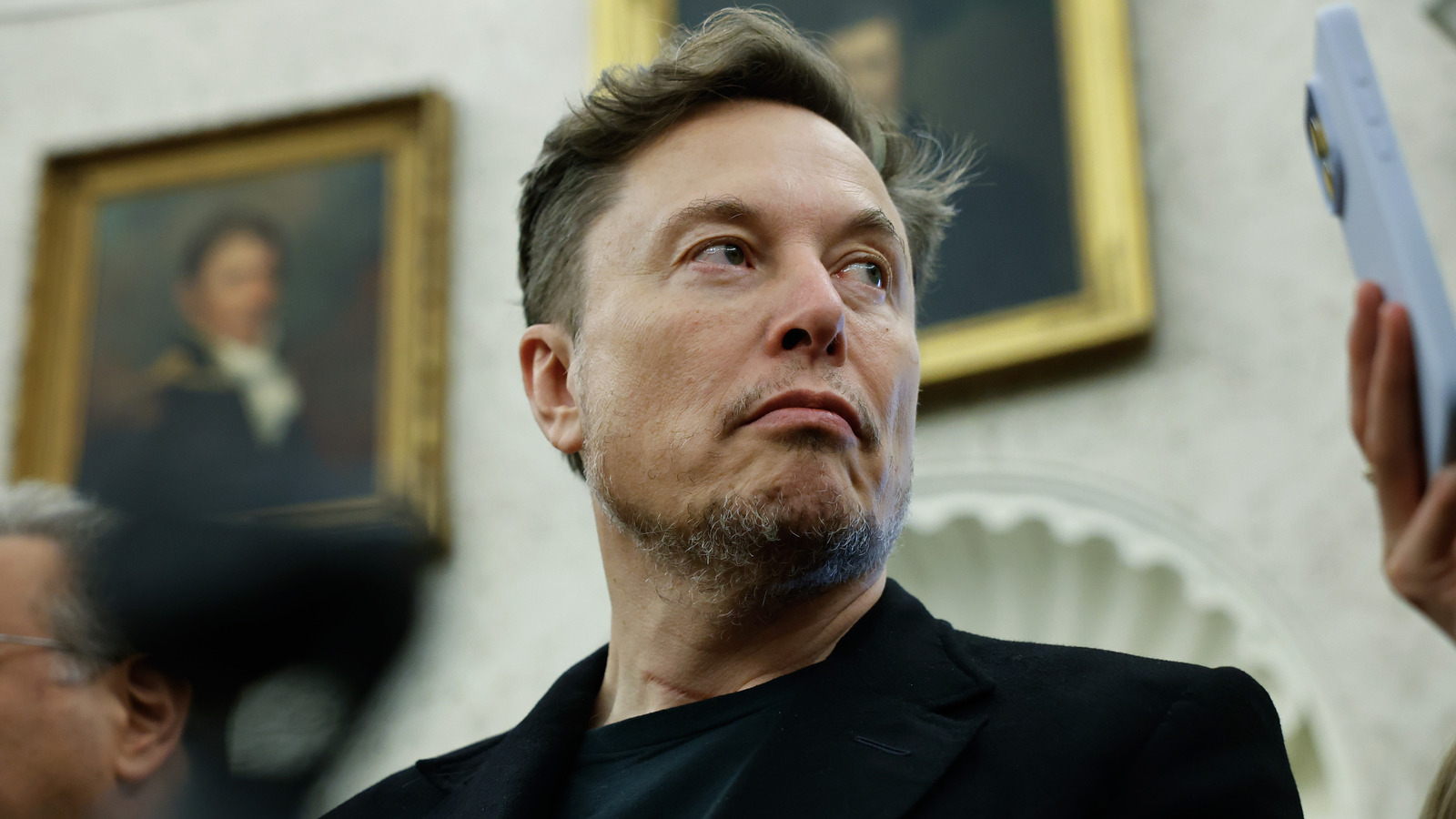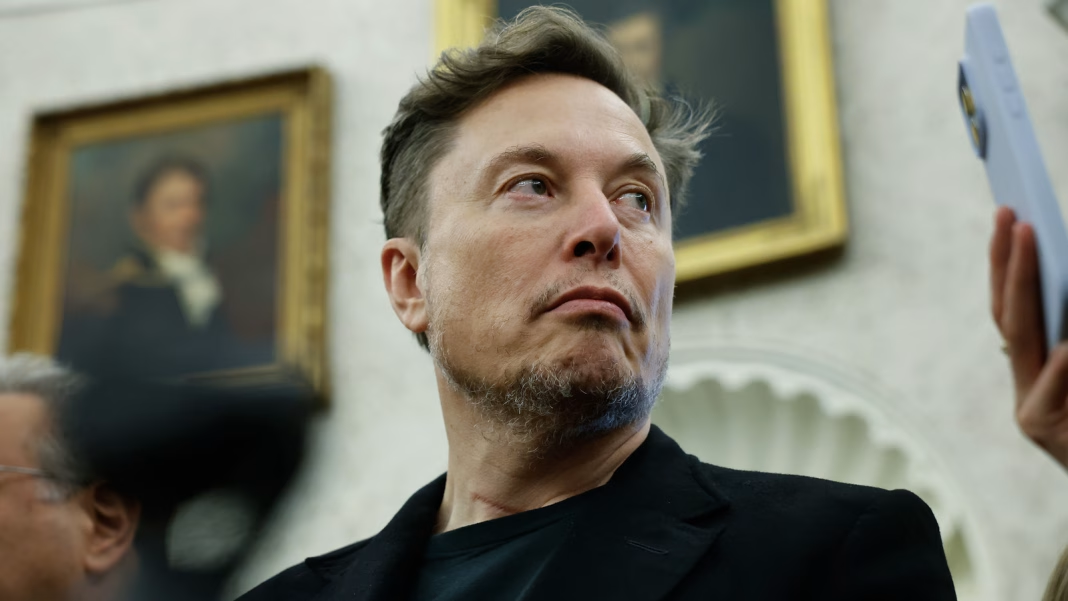What’s Behind the Lawsuit Claiming Tesla Favors H1-B Visa Workers Over Americans?
The buzz around Tesla’s hiring practices just got a lot louder. A proposed class-action lawsuit alleges that Tesla systematically favors H1-B visa holders over American workers at its U.S. facilities. At the heart of the complaint? The claim that this preference isn’t just about filling talent gaps—it’s about keeping wages lower than they might otherwise be. But what’s really going on here, and why does it matter for both workers and the broader tech industry?
How Do H1-B Visas Work, and Why Are They So Controversial?
H1-B visas are designed to let U.S. companies hire highly skilled foreign workers when they can’t find qualified Americans for the job. In theory, it’s a win-win: companies get the talent they need, and skilled professionals from around the world get a shot at the American dream. But critics argue that the system is ripe for abuse. According to a 2023 report from the Economic Policy Institute, some employers use the H1-B program to undercut wages and sidestep local hiring, especially in tech-heavy industries.
Tesla’s situation shines a light on these concerns. The lawsuit claims that Tesla’s reliance on H1-B workers isn’t just about finding the best engineers—it’s a deliberate strategy to keep labor costs down. If true, this could have ripple effects across the industry, setting a precedent for how companies balance cost-saving with fair employment practices.
Is There Evidence That Tesla’s Hiring Practices Are Unfair?
Digging into the details, the lawsuit alleges that Tesla’s hiring managers systematically favor H1-B applicants during recruitment and onboarding. While Tesla hasn’t commented publicly on the case, data from the U.S. Department of Labor shows that Tesla has sponsored hundreds of H1-B visas in recent years, particularly for engineering and technical roles.
But numbers alone don’t tell the whole story. The tech sector as a whole leans heavily on H1-B talent—Amazon, Google, and Microsoft are all major sponsors. The question is whether Tesla’s practices cross a line from necessary recruitment to intentional wage suppression. Labor economists point out that H1-B workers, who depend on their employer for visa status, may feel less empowered to negotiate pay or report workplace issues. That power imbalance is exactly what the lawsuit is challenging.
What Does This Mean for American Workers and the Broader Labor Market?
If the allegations hold water, the implications go far beyond Tesla. American workers could face stiffer competition for high-paying jobs, and wage growth could stagnate if companies use visa programs to keep salaries in check. A 2022 study from the National Bureau of Economic Research found that increased H1-B hiring can dampen wage growth for domestic workers in certain tech fields.
On the flip side, defenders of the H1-B system argue that it fuels innovation and keeps U.S. companies globally competitive. They point to the fact that many H1-B workers bring specialized skills that are in short supply domestically. The reality? It’s complicated. The challenge is finding a balance between welcoming global talent and protecting fair wages for everyone.
Could This Lawsuit Change How Tech Giants Hire?
Legal experts say that if the class-action suit against Tesla gains traction, it could force not just Tesla but other tech giants to rethink their hiring and compensation strategies. Companies might need to provide more transparency in how they recruit and pay both domestic and foreign workers. There’s also a growing call for reforming the H1-B system itself—tightening wage requirements, increasing oversight, and making it easier for visa holders to change jobs without risking their immigration status.
The tech industry is watching closely. A shakeup here could set new standards for how Silicon Valley and beyond approach global hiring, diversity, and pay equity.
What Should Workers and Employers Watch For Next?
For American workers, this case is a reminder to stay informed and advocate for fair hiring practices. If you’re in tech, pay attention to how your company handles recruitment and compensation. For employers, the message is clear: transparency and fairness aren’t just buzzwords—they’re business imperatives. Ignoring them could mean legal trouble and reputational damage.
The big takeaway? Navigating the intersection of global talent and fair wages isn’t about perfection—it’s about smarter adjustments. Start with one change this week, and you’ll likely spot the difference by month’s end.


